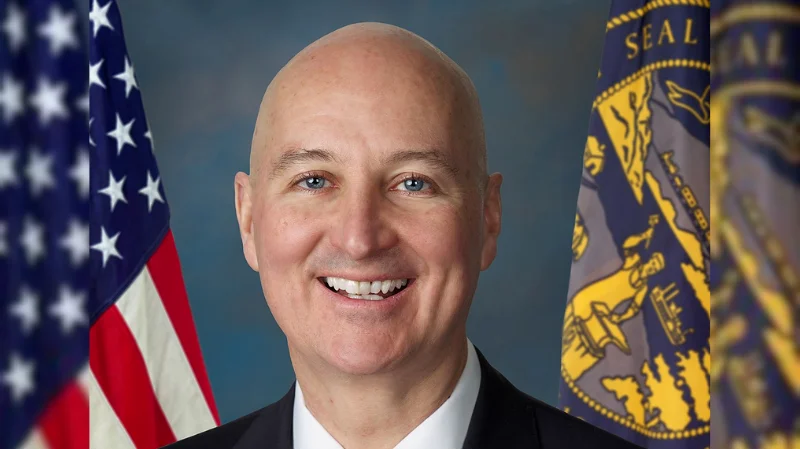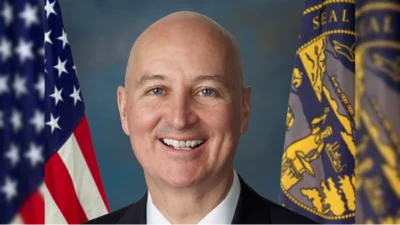Senator Pete Ricketts, US Senator for Nebraska | Sen. Pete Ricketts Official U.S. Senate headshot
Senator Pete Ricketts, US Senator for Nebraska | Sen. Pete Ricketts Official U.S. Senate headshot
U.S. Senator Pete Ricketts, along with several other senators, has addressed a letter to Commerce Secretary Howard Lutnick, urging the withdrawal of the Biden administration's AI Diffusion Rule (AIDR). The senators argue the current rule could hinder American technological innovation and competitiveness against China. The letter raises concerns that the AIDR could lead to compliance challenges for the U.S. companies and inhibit international partnerships.
“We applaud President Trump’s commitment to ensuring American dominance in the tech sector," the letter begins, highlighting the current advantage of American companies in areas like semiconductor design and AI. The letter contends that sustaining this leadership demands an American-led ecosystem globally.
Senators have stressed the urgency of the situation with the AIDR's compliance deadline approaching on May 15, 2025. "Immediate action is necessary to prevent irreversible damage to American innovation and competitiveness," it continues. According to the senators, keeping the current rule in place imposes undue burdens on U.S. businesses, leading to potential uncertainties and disrupted investments.
The AIDR categorizes countries into three tiers, restricting access to U.S. technology. Tier 1 countries, only 18 nations, must meet strict regulations to access this technology, while Tier 2 countries like Israel face purchase limits and extensive licensing processes. Tier 3 countries, including China, are already restricted from purchasing U.S. technology.
The senators believe the rule could drive international buyers to turn towards unregulated and cheaper alternatives from China. Furthermore, companies in Tier 2 nations might seek to develop independent AI technologies less affected by U.S. export controls. These outcomes, they argue, weaken the long-term economic and national security of the U.S.
In addition to Ricketts, the letter was signed by Senators Thom Tillis, Markwayne Mullin, Ted Budd, Roger Wicker, Eric Schmitt, and Tommy Tuberville, emphasizing bipartisan concern for technological sovereignty.


 Alerts Sign-up
Alerts Sign-up